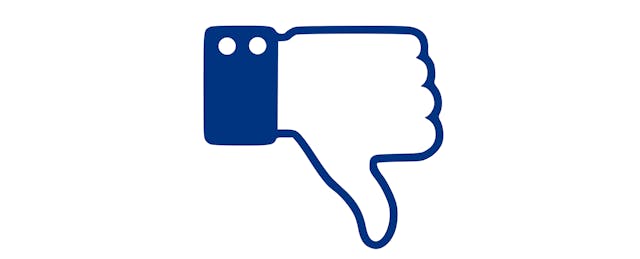“If you can’t say something nice, don’t say anything at all.” If all of us took Mom’s advice, the world would probably be a more pleasant place.
In my years of selling technology to different industries, I’ve never encountered nicer prospects and customers than those in K-12 education. Teachers, principals, assistants, coordinators, district staff, it doesn’t matter—they’re just plain nice. Even to salespeople! They don’t yell, they return calls promptly, their emails aren’t written in all caps, and they even listen without interrupting!
What makes K-12 folks this way? I think it’s because educators are caring people who work with children or on behalf of children all day. Many teachers spent their own money for classroom supplies, for Pete’s sake! Saying no to a child is in service to steering them in a better direction. Saying no to a persistent salesperson is a form of rejection, and that’s just not something I’ve seen educators demonstrate easily.
You may be thinking “So what? Who in their right mind would see this as a problem?”
I would and I do. In fact, it’s one of the subjects in a collection of tips I’ve compiled about K-12 sales. So, let’s explore this problem from the perspectives of both sides of the table. I’ll begin with the nice educators.
For the Educators
Sales, including education technology sales, is a well-defined process. There are several key points during the sales process when you (the educator/prospect) need to make a decision to either move forward (say yes) or suspend the conversation (say no). Giving a clear “no” can be a win-win proposition; the salesperson clearly understands you have no intention of buying, and can move on to someone who may actually need his or her solution.
Here are three good reasons why saying no at the right time is good for you.
1. This is a “teachable moment.” If a salesperson is pitching you a solution to a problem you don’t have, or they’re using language that doesn’t work for education, or they really should be talking to a decision-maker with a budget instead of you, consider this a teachable moment. Use your skills to educate someone who obviously needs it!
2. Wasting time is a disservice to yourself and your students. If you don’t say “no” when you know that you really should, you’re committing yourself to a series of time-wasting phone calls or online demos or persistent emails that take you away from the classroom.
3. You may actually impact a salesperson’s career if you don’t say “no” at a key decision point when you know that you aren’t going to buy the solution. As long as they believe you are a good prospect, they will promise their manager that the sale is forthcoming and when it doesn’t materialize, both the salesperson and the manager will have a lot of explaining to do.
So I’m saying you can help yourself and the salesperson out; sometimes it’s nicer to say no.
For the Salespeople
You know how this works. Salespeople are measured by closed deals—meaning, somebody bought something. What happens if you believe a lead is strong because you don’t hear a “no” from a prospect and you keep it in your pipeline? It gets forecast by your manager and finance. If the lead doesn’t materialize into a deal, and you do make this mistake often enough, you will quickly be given the opportunity to seek employment elsewhere!
You own the lead. At the end of the day, it’s your job to know when a deal will close and when it won’t, whether your prospect can say “no” or not. What’s a K-12 salesperson to do?
I recommend archiving a lead when it drags out 50 percent beyond your average sales cycle because it’s a sign that your prospect is not serious. If your average sales cycle is 30 days and a particular lead has gone 45 days without line of sight to a purchase order, it’s time for you to move on. Politely let your prospect know that you’ll be happy to reconnect six months from now since it seems they have other priorities at the moment. Or ask them to contact you if things change. Be okay with working on the next lead.
I realize how tough that can be. But have the courage to move on. Your prospect will be grateful and you can focus your time on leads that will bear fruit.
To teachers, salespeople (and everyone in general): Let me conclude by saying that being nice is awesome. And sometimes it’s just nicer to say no.


